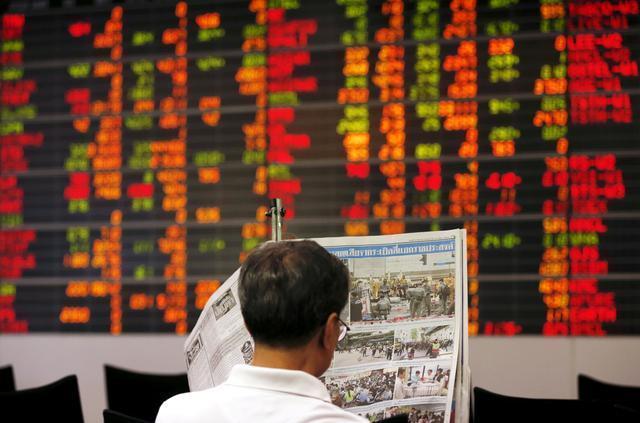TRY nosedived more than 17% yesterday after President Recep Tayyip Erdogan defended the recent interest rate cuts, describing the policy rate cut process as an ‘economic war of independence.’ He has remained steadfast in the cuts despite widespread criticism, especially from the opposition, and pleas to reverse his course. TRY has been devaluated by 42% this year, including a more than 22% decline since the beginning of last week, according to Reuters.
USD/TRY hit 13.50 before it dropped by 8% to below 12.30. USD/TRY hovers around 12.92-13.10 this morning.
Although there was no specific development that created fluctuations in the market, the Central Bank (CB) and the government’s messages indicating they will further lower the policy rate, as well as the global appreciation of USD, played a key role in TRY devaluation.
President Recep Tayyip Erdogan and CB Governor Sahap Kavcioglu held a meeting following the sharp losses in TRY, according to Bloomberg. No details were shared with the public and the CB didn’t interpret the meeting to the public. It did issue a statement about the extreme foreign exchange (FX) rate volatility after the meeting was held, and markets were closed in Turkey. The CB has no commitment to the FX rate level under the implemented floating rate regime, according to the statement. “FX rates are determined by free-market economy dynamics as well as by supply and demand conditions. The CB can only intervene in situations of extreme volatility, under certain conditions, without the purpose of direction. Unhealthy price formations, which are unrealistic and completely detached from economic fundamentals, are observed in the FX market.”
When considered from a basic perspective, Turkey meets all the conditions necessary to be an attractive destination for foreign capital. It has modern infrastructure, a well-educated labor force, and is close to important markets. However, extreme volatility in TRY and high inflation make the return on foreign investments more uncertain, according to Ulrich Leuchtmann, FX Research Head of Commerzbank.
Leuchtmann said the FX rate is the most urgent risk for foreign investors. This is why Turkey will have difficulties in attracting foreign capital without having a stability-oriented monetary policy. “There are still foreign investors who find the interest rate attractive despite the FX rate risk. However, they may exit from the country if TRY continues to weaken. There is no need for great news to stabilize TRY. It’s enough not to be bad news,” Leuchtmann added.
Volatility in FX rates has upset the balances in the markets, notably in the real estate and automotive sectors. Those who want to sell their homes or vehicles have ‘held the fire’ with the expectation that there will be a further price increase due to the FX rate hike. Many real estate ads were removed, while there were also those who canceled their sales. On the automotive side, 9,000 ads were removed. The USD/TRY increase has caused the highest monthly price surge in recent years. Due to the rise in FX, Apple also announced that it halted iPhone sales in Turkey.
DAILY AGENDA
The Real Sector Confidence Index dropped by 1.2 points to 108.4 in November, compared to the previous month, according to the Central Bank.
The capacity utilization rate of the manufacturing industry rose by 0.1 points to 78.1 in November, month over month, according to the Central Bank.
The seasonally adjusted confidence index increased by 0.6% in the retail trade sector, and 1.0% in the construction sector, while it dropped by 0.7% in the services sector in November, as compared to September, according to the Turkish Statistical Institute (TurkStat).
The Central Bank will release the Investment Tendency Statistics report.
The Parliament will continue to discuss the 5th Judicial Package.
The Parliament’s Planning and Budget Comission will discuss the 2022 budget of the Ministry of Justice.
READ SELECTED ARTICLES FROM OUR PRINT MAGAZINE
>> A crisis-hit multipolar world
COVID-19 has further destabilized the balance of power, exacerbating economic tensions and nationalism instead of bringing states closer together. In the face of a distorted and unstable international environment, states are more compelled than ever to ensure national resilience and security. Within this context, global and regional power asymmetries have arisen at the expense of acting out of unity and collectivity.










